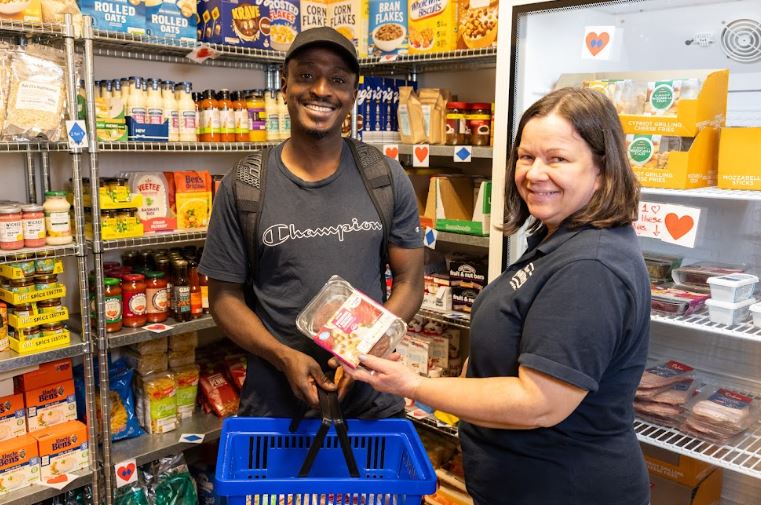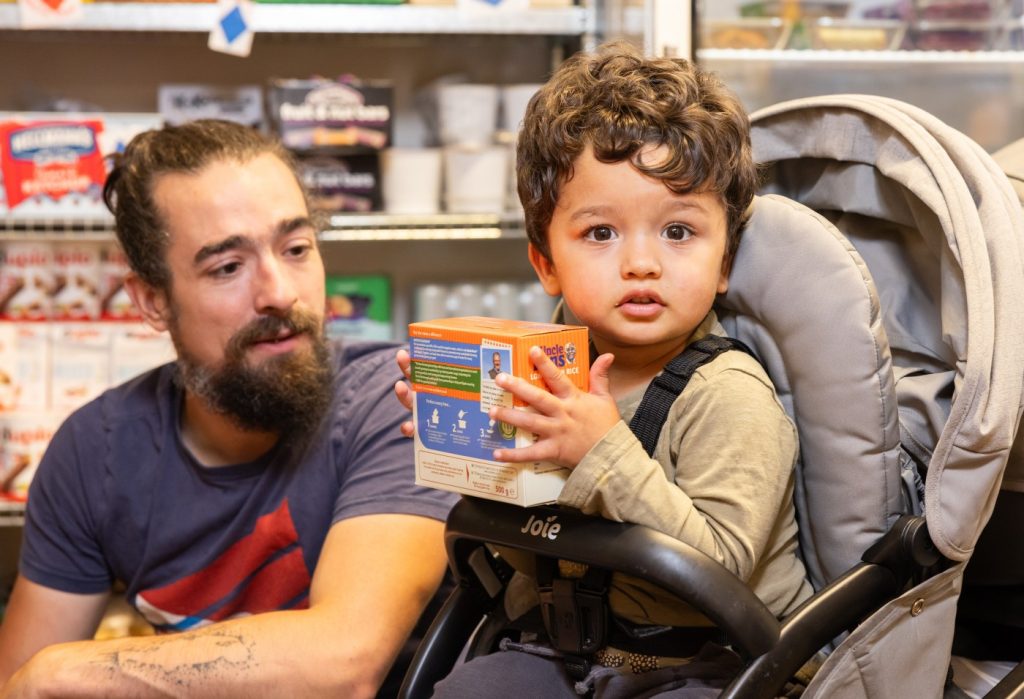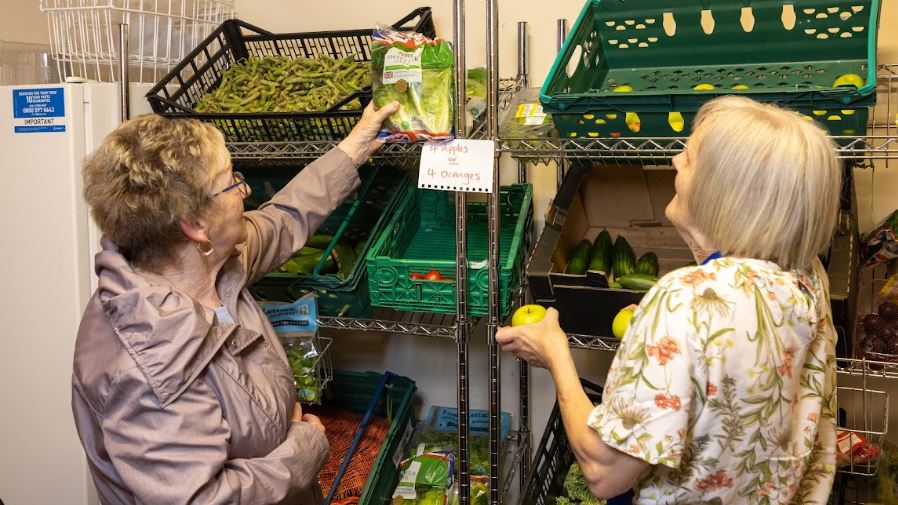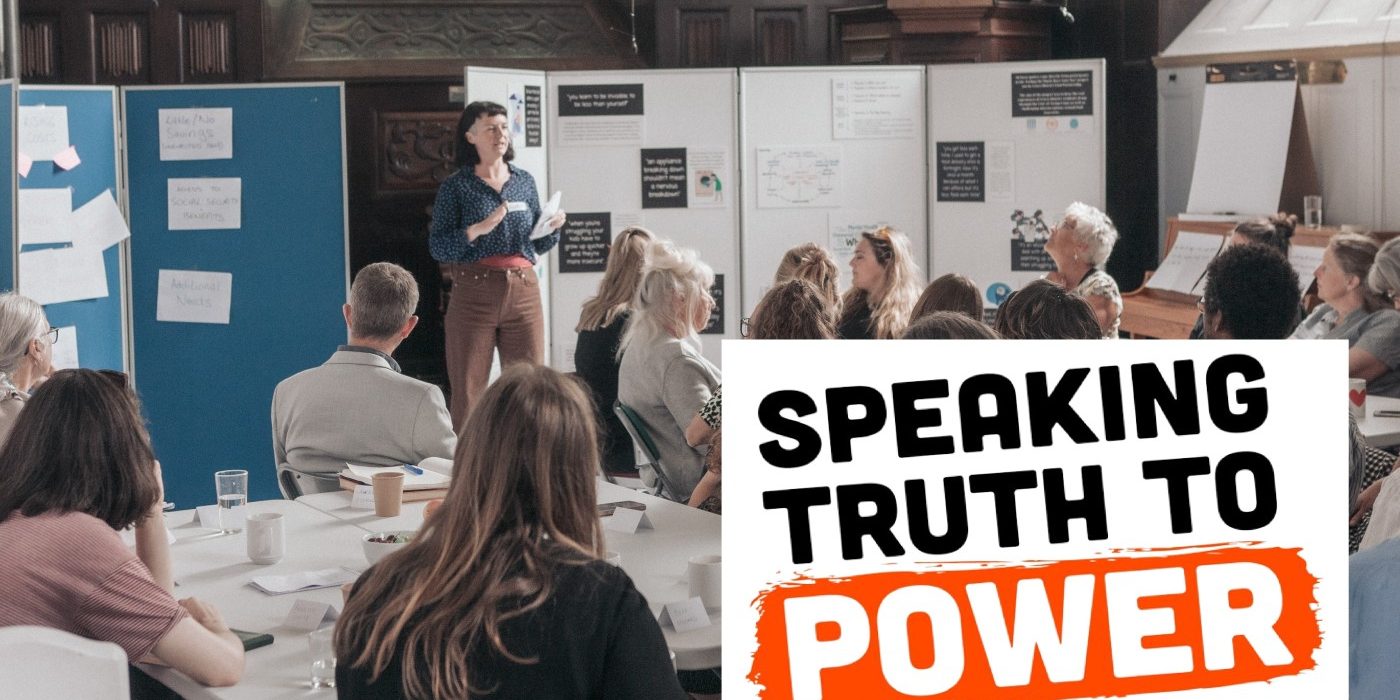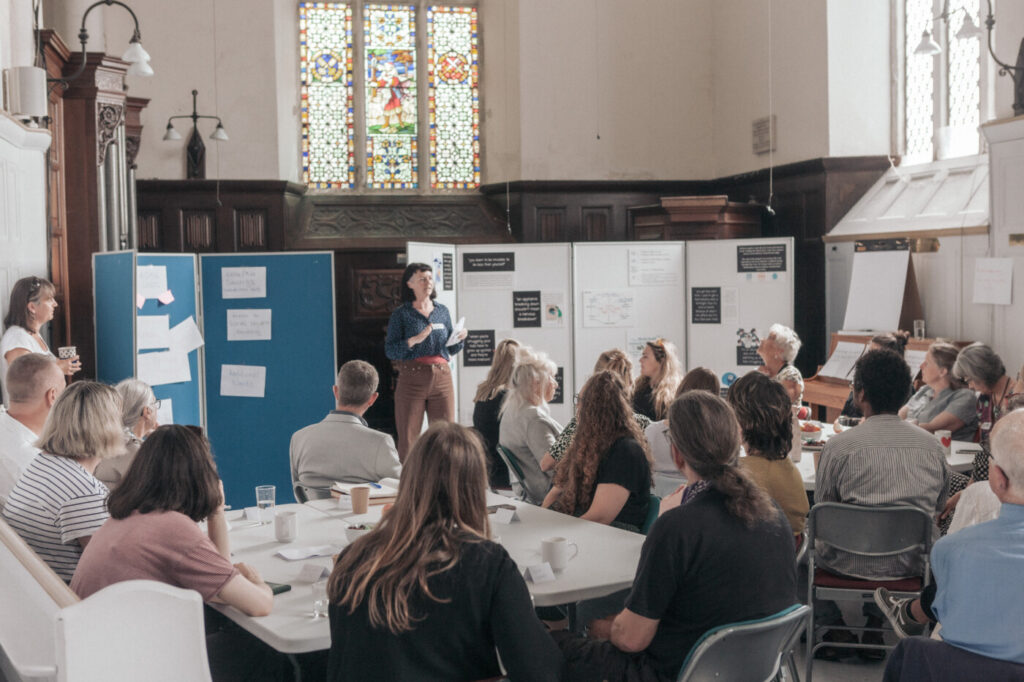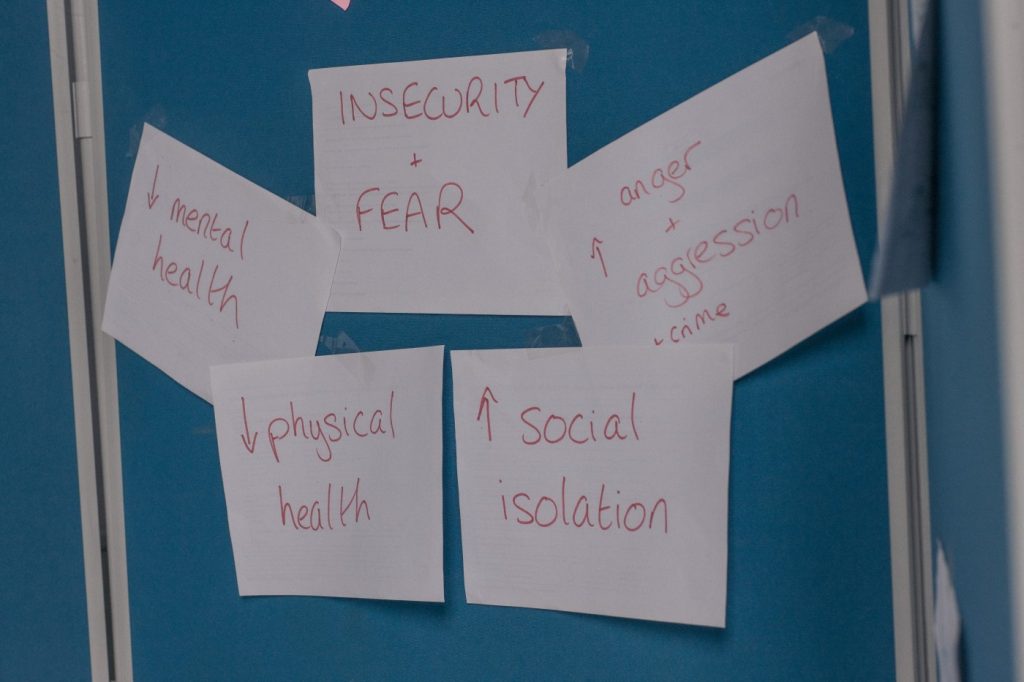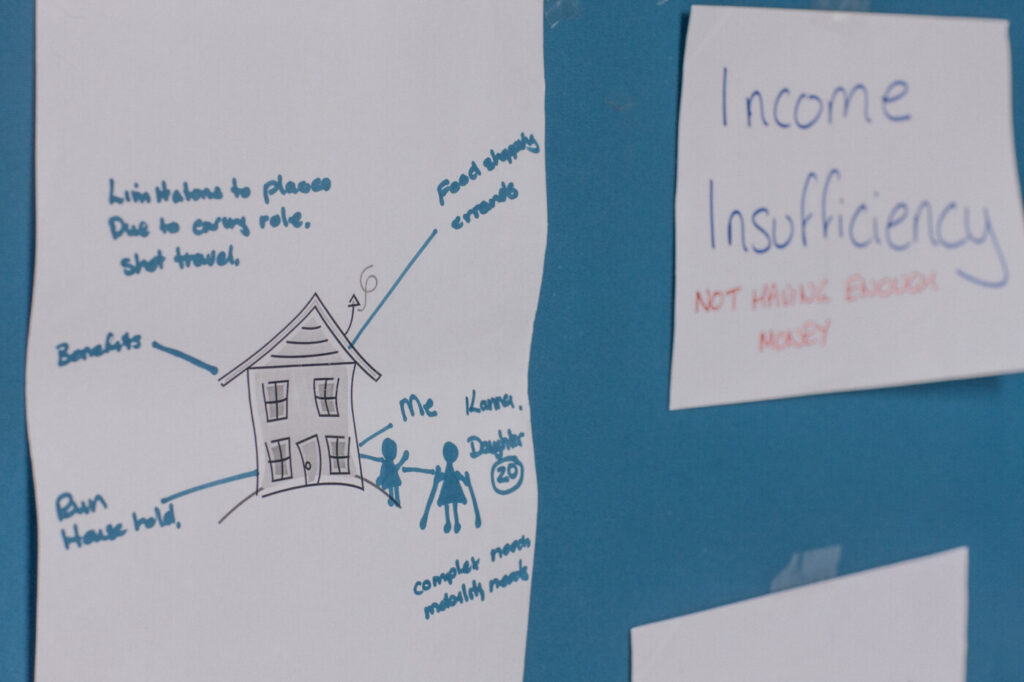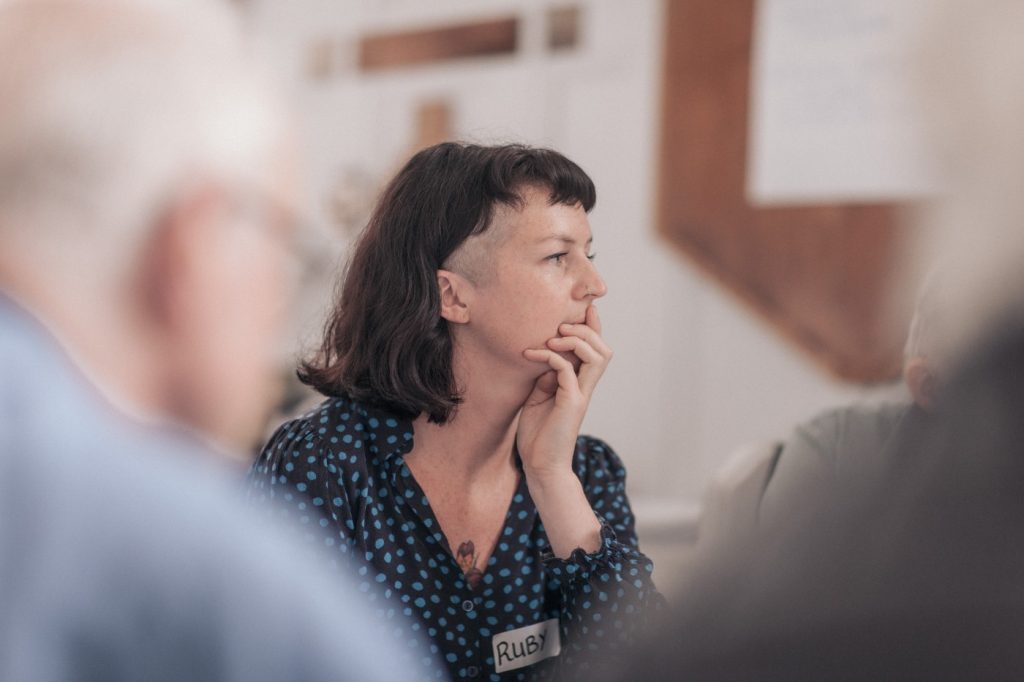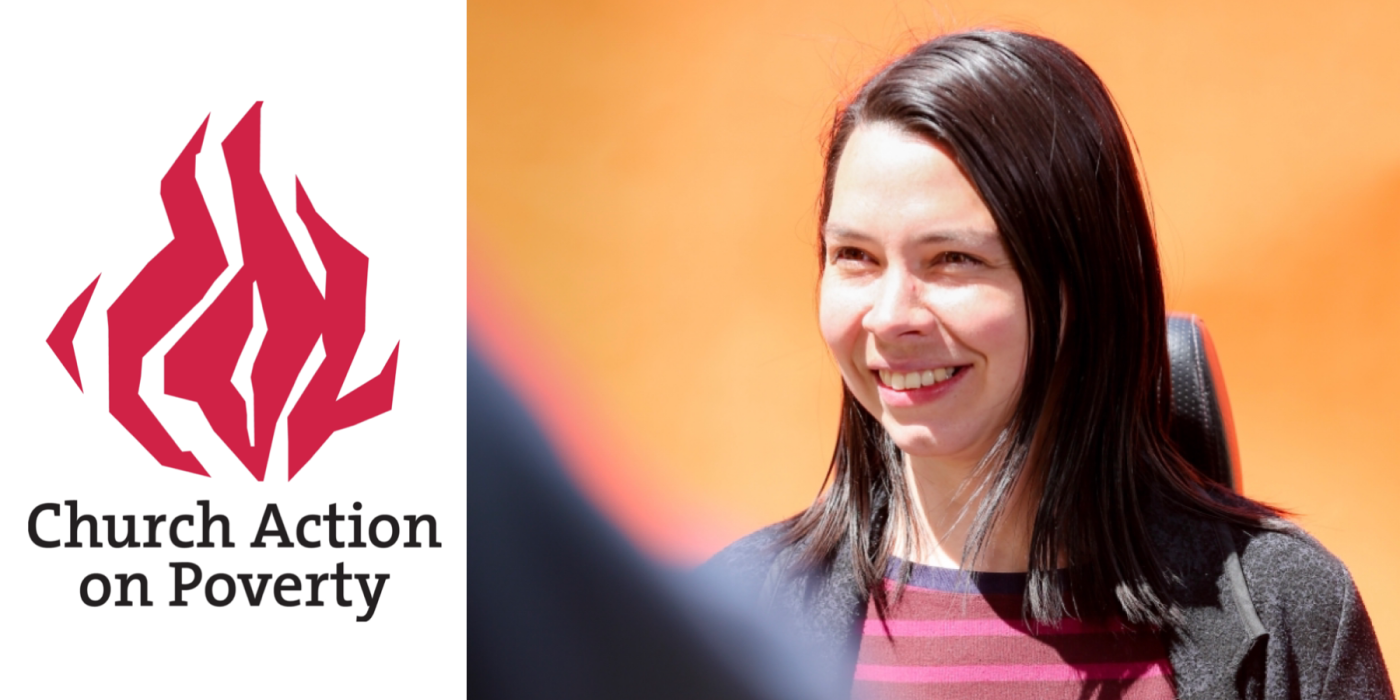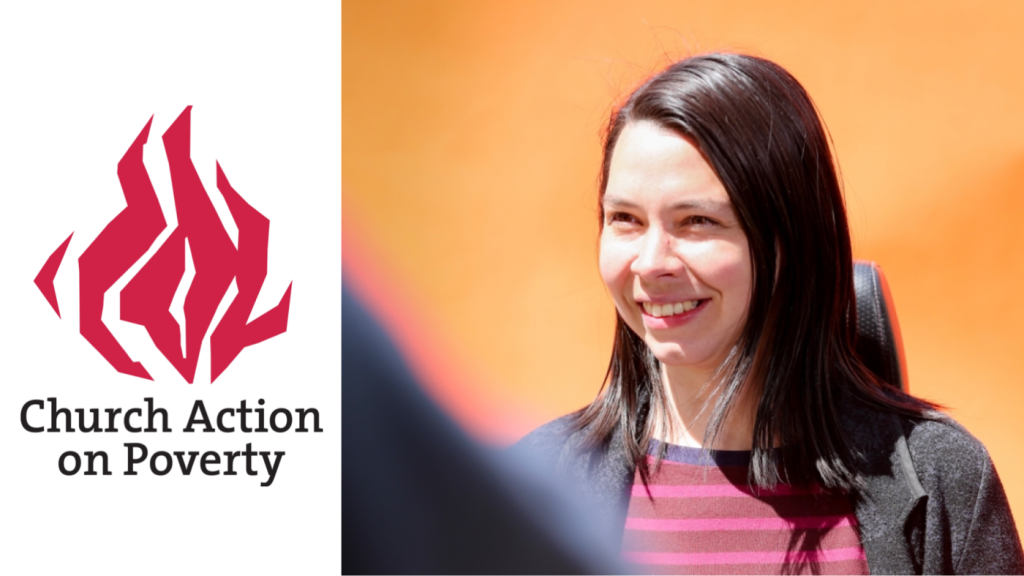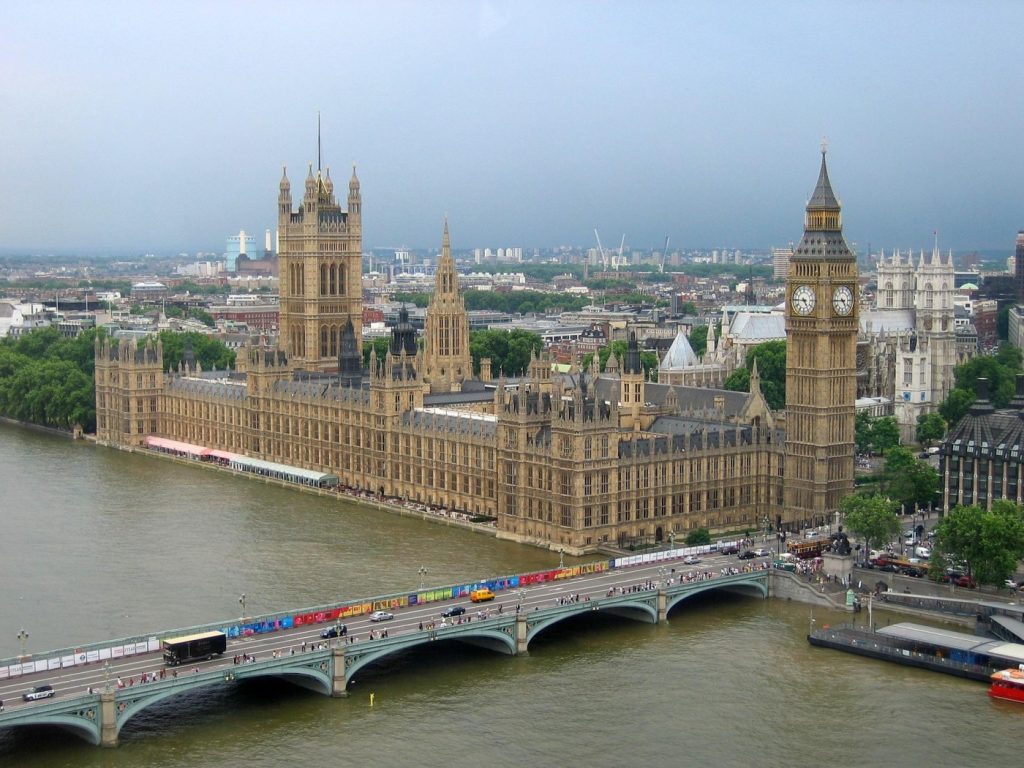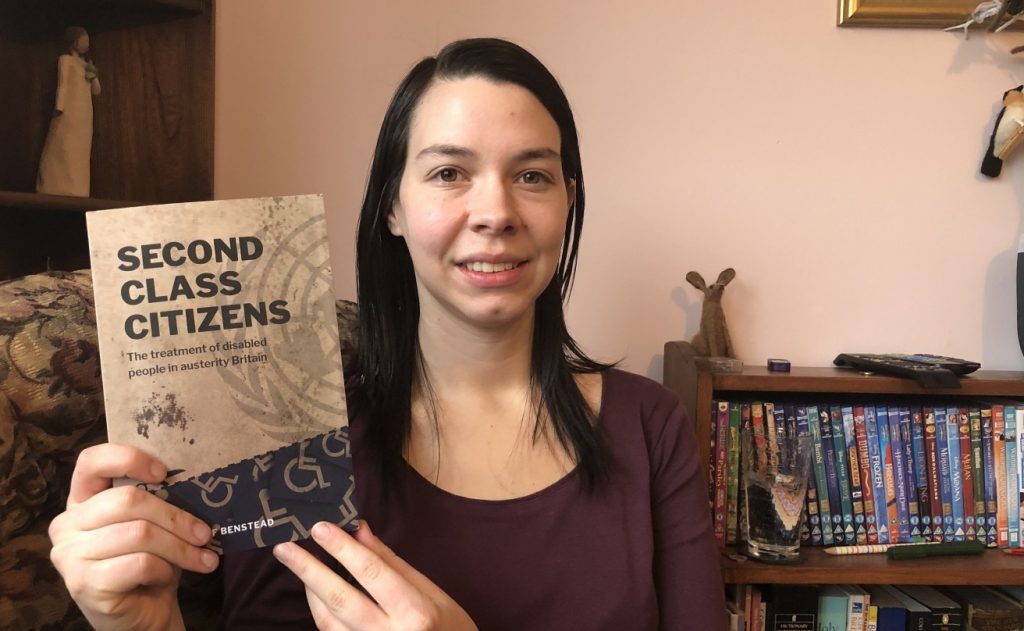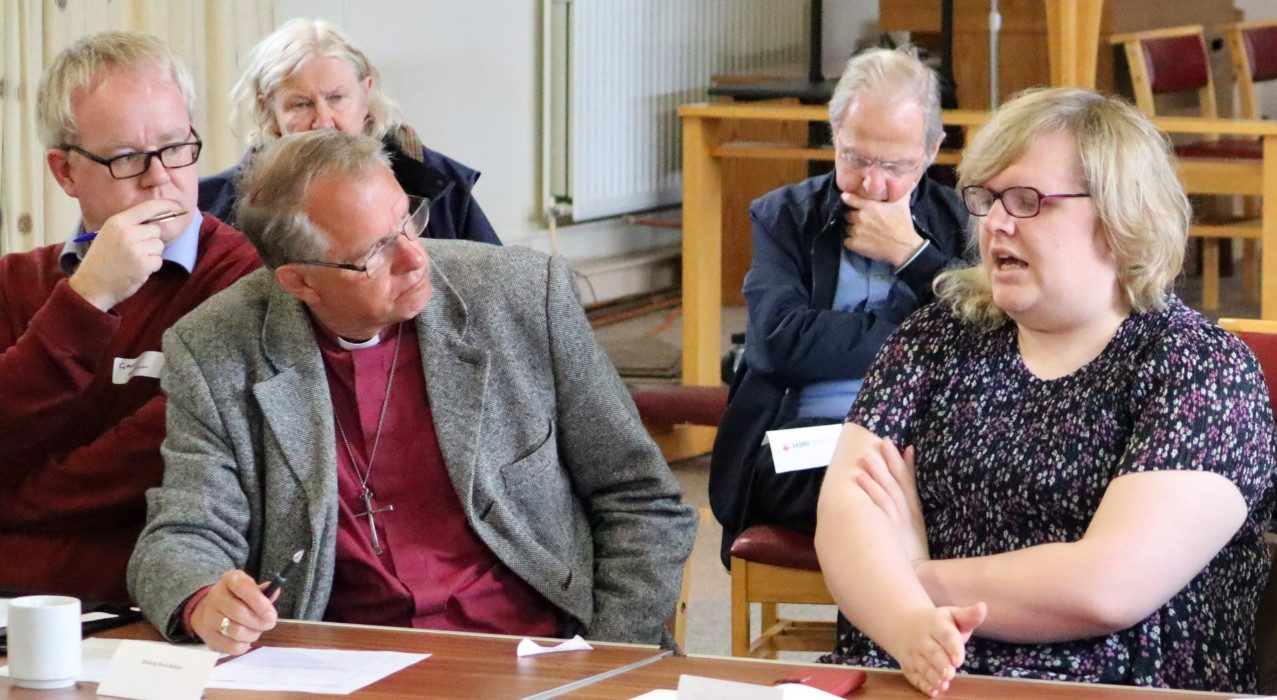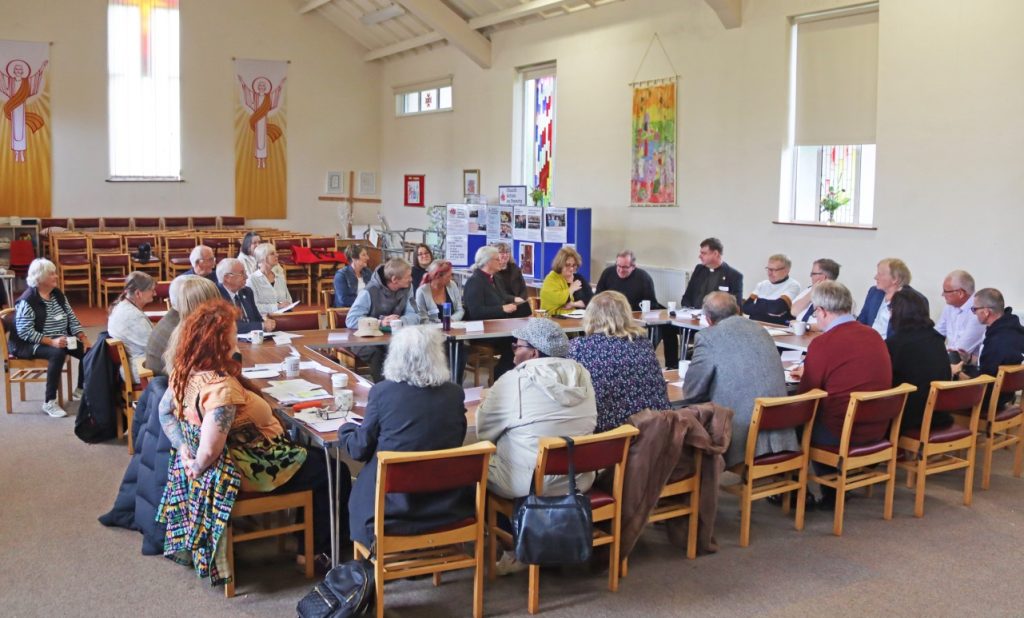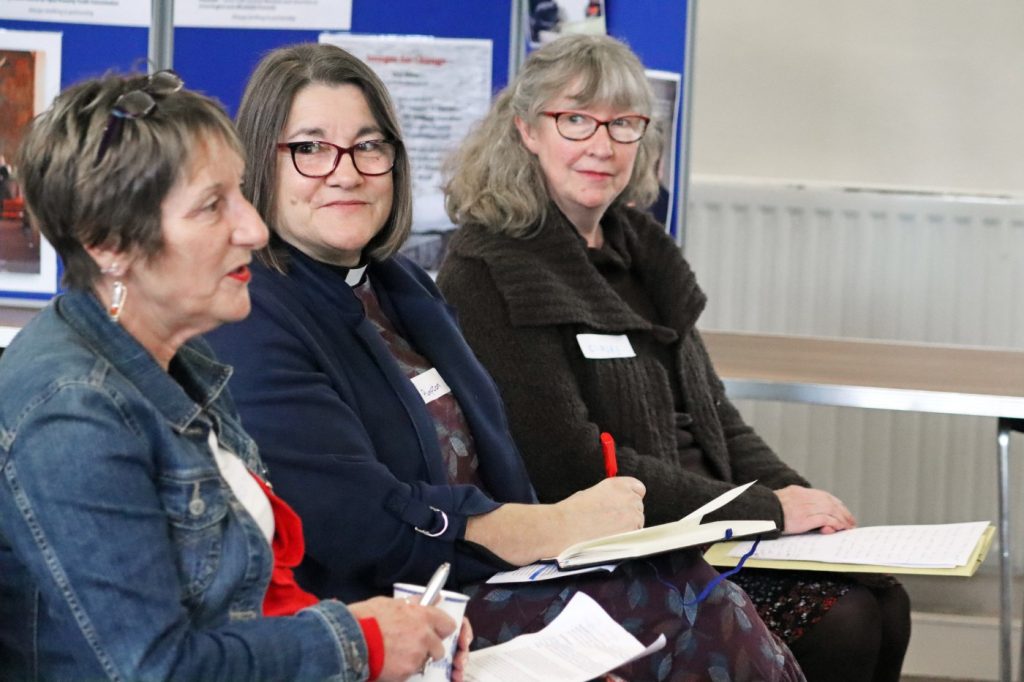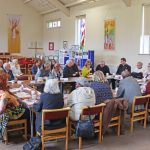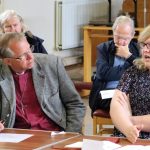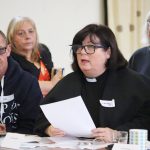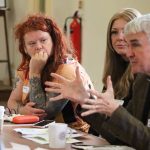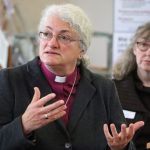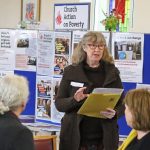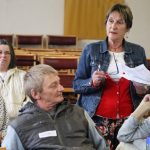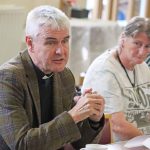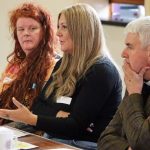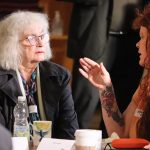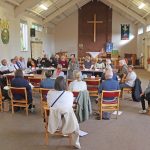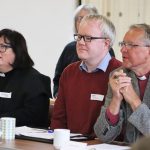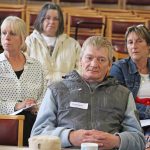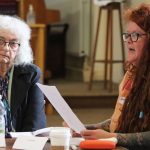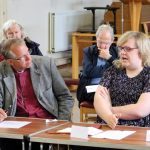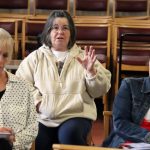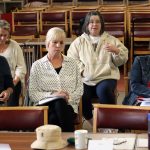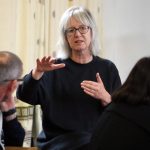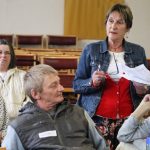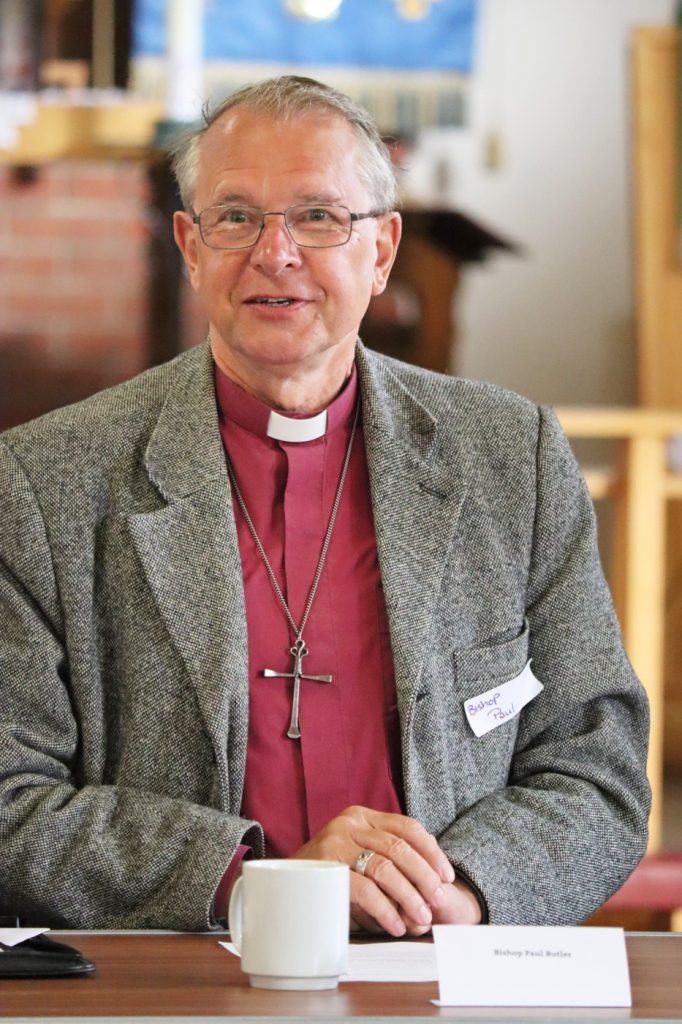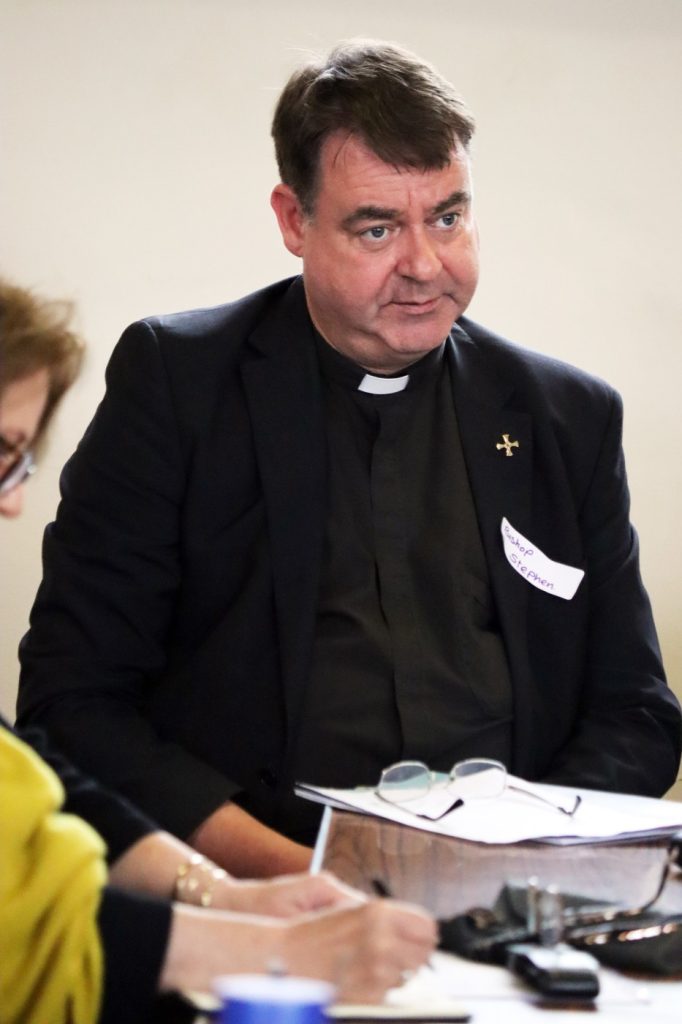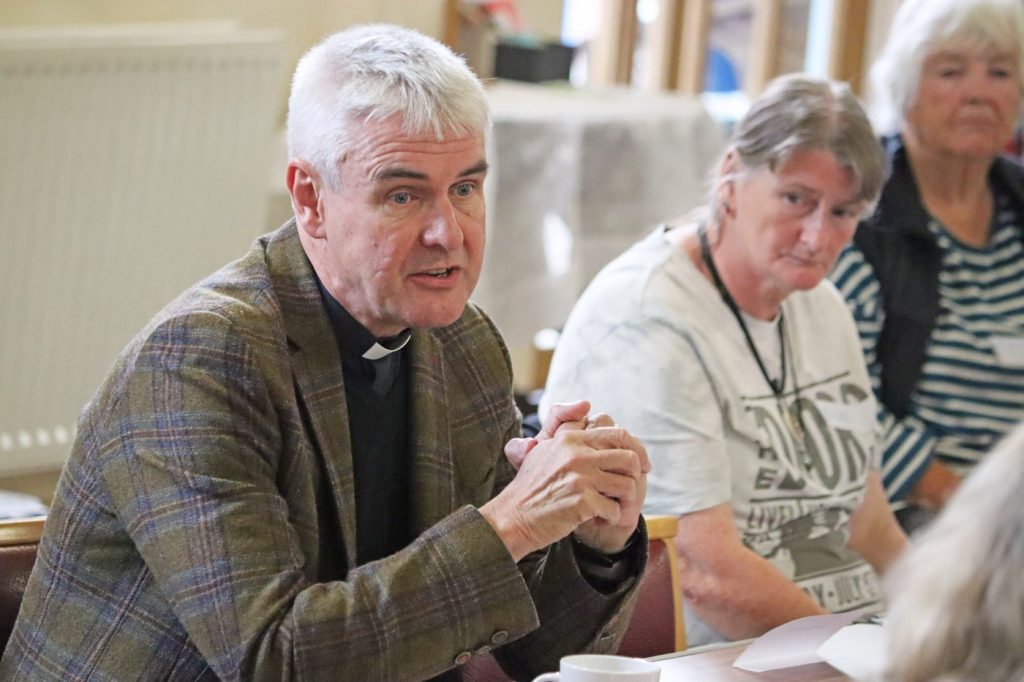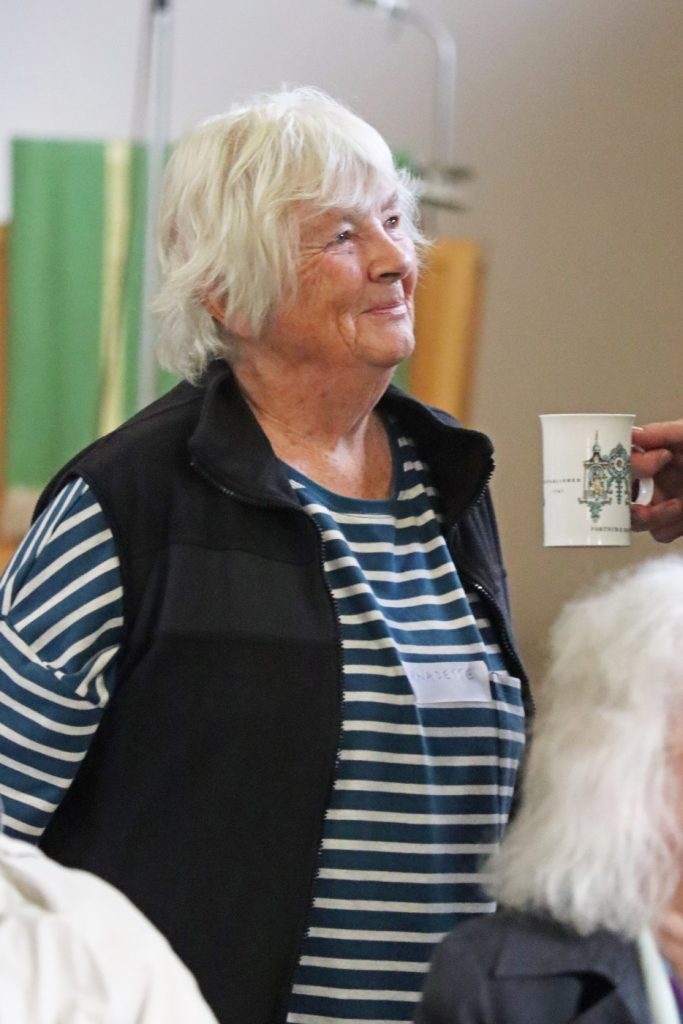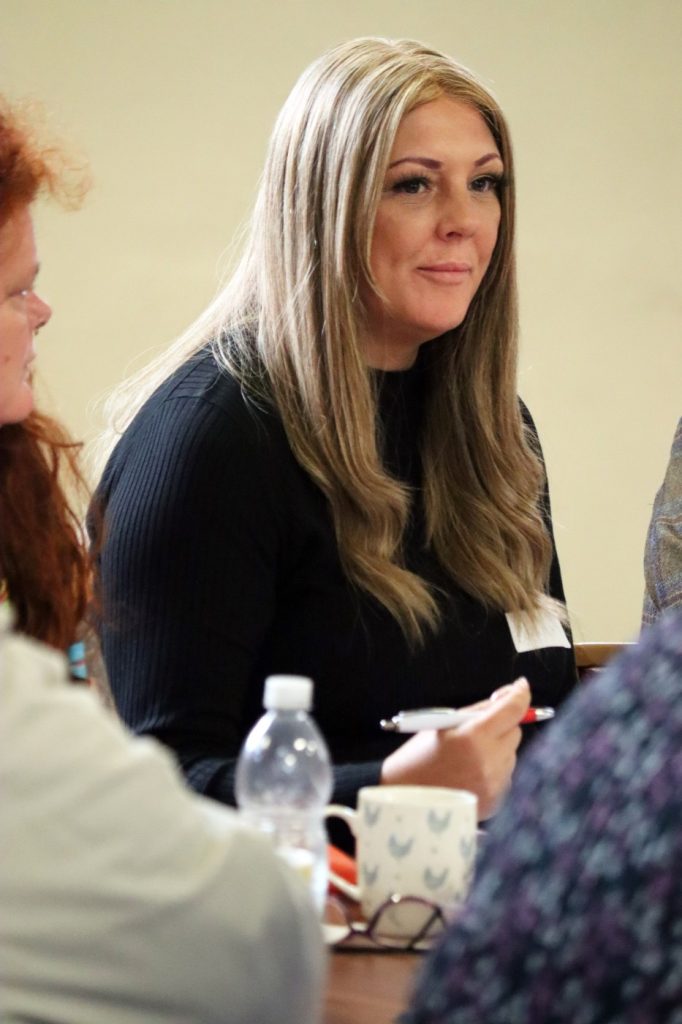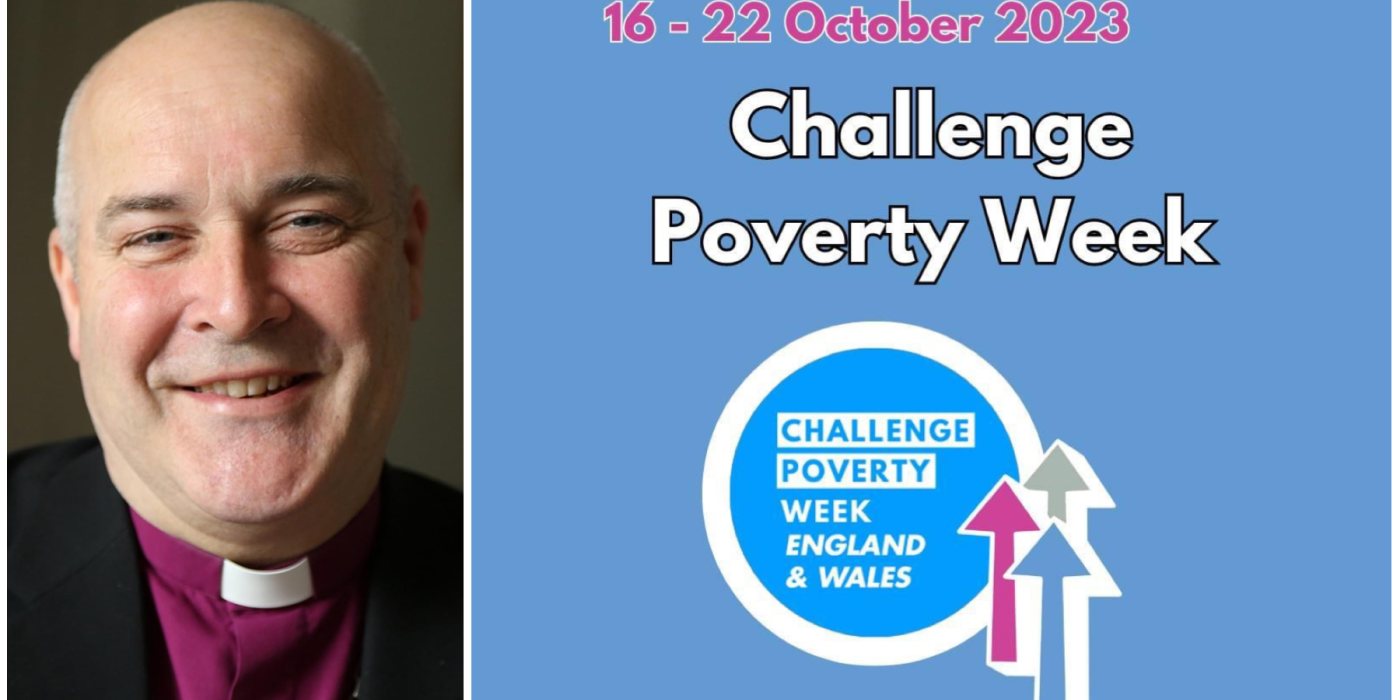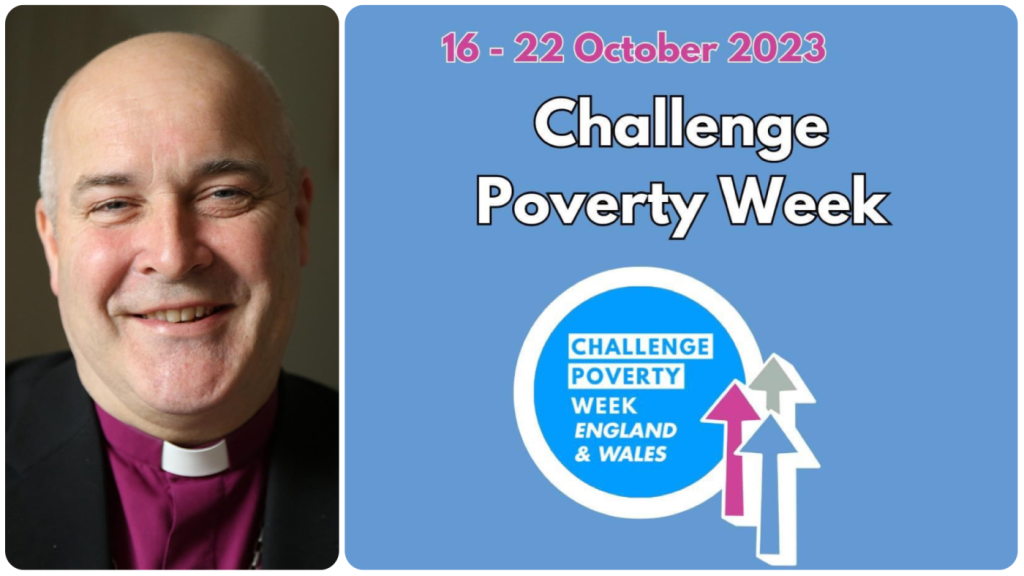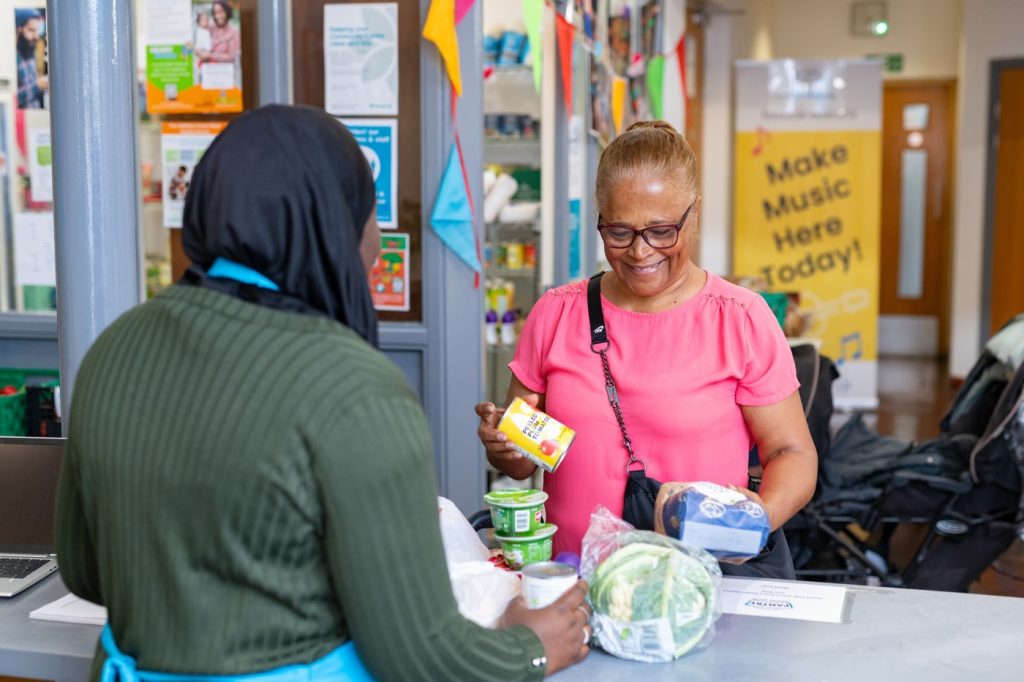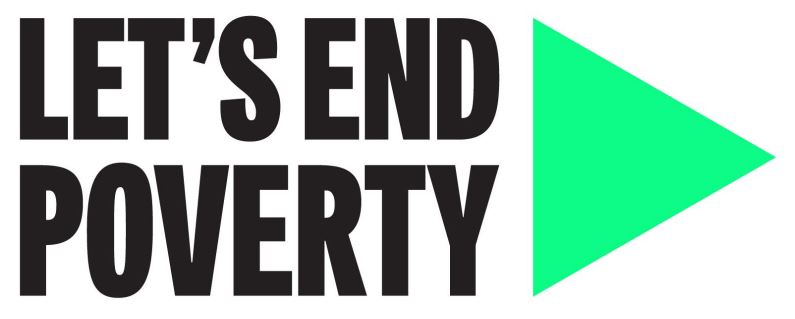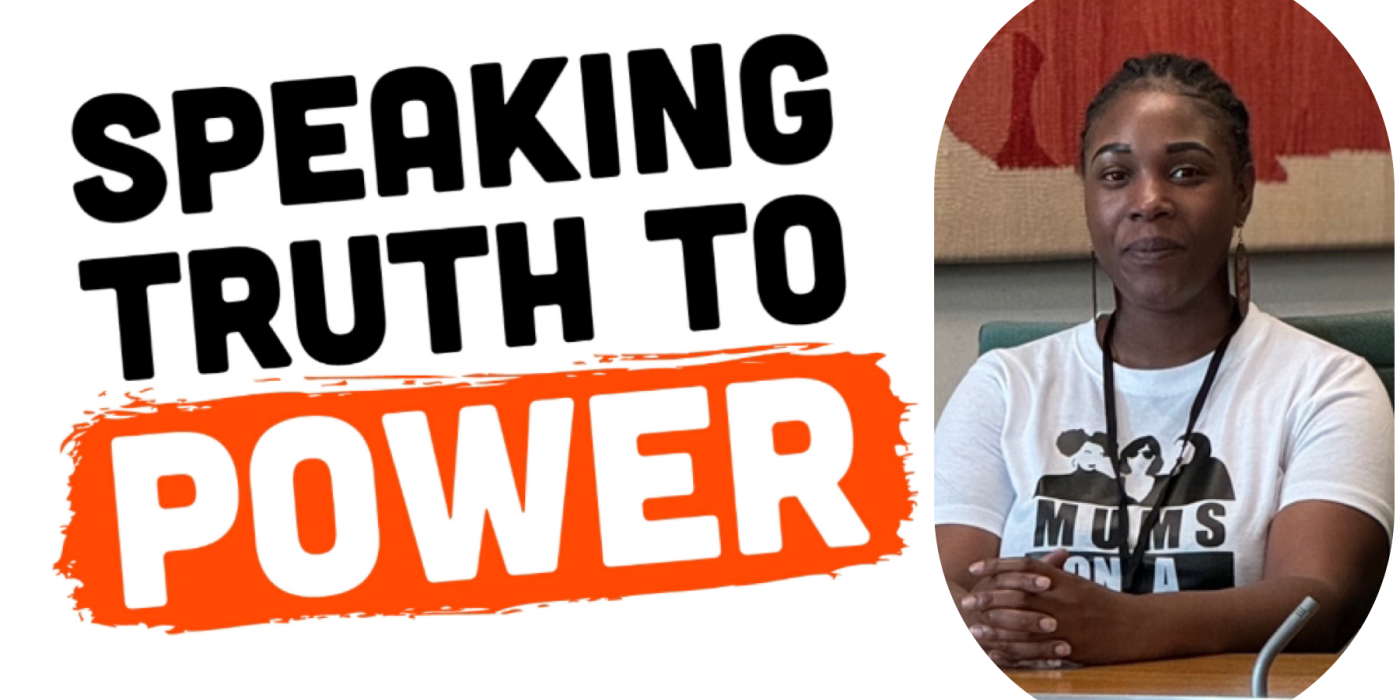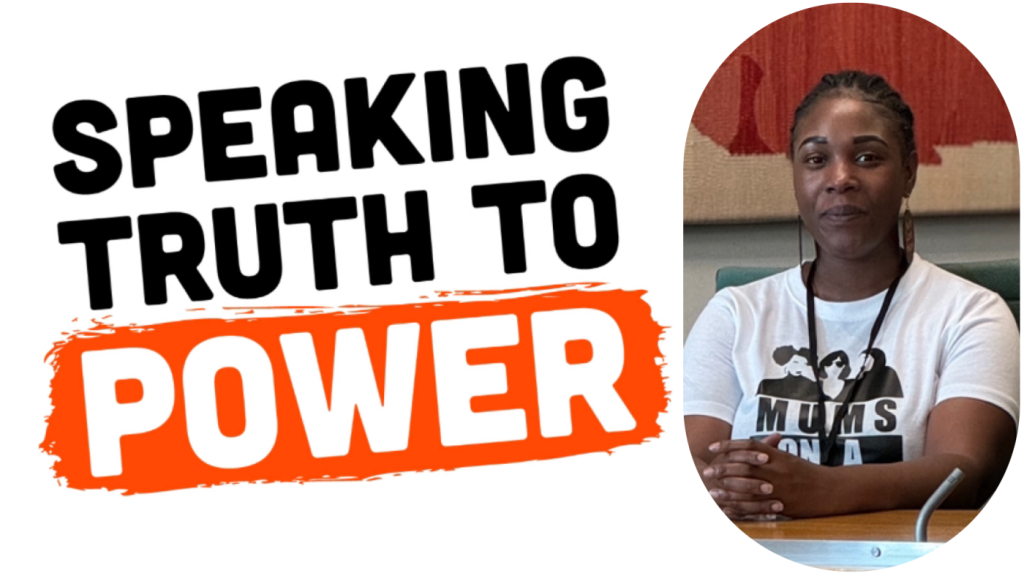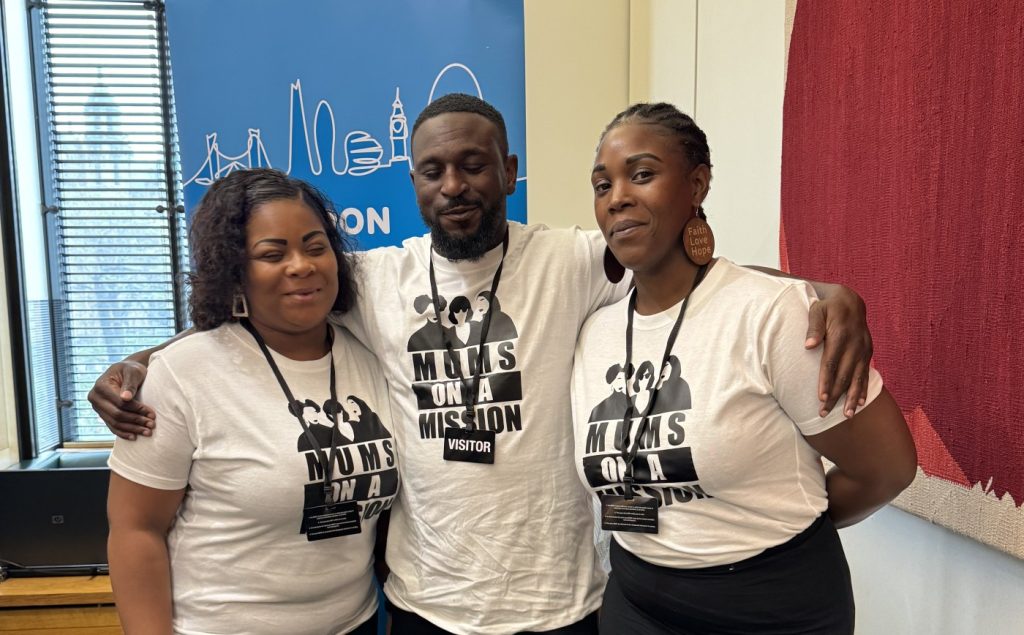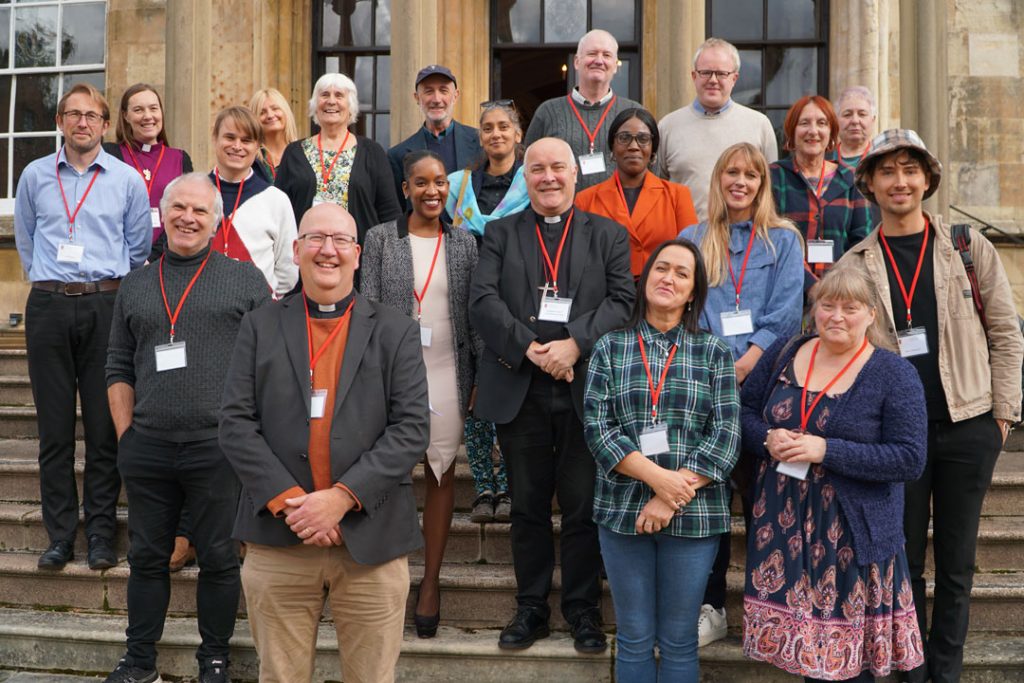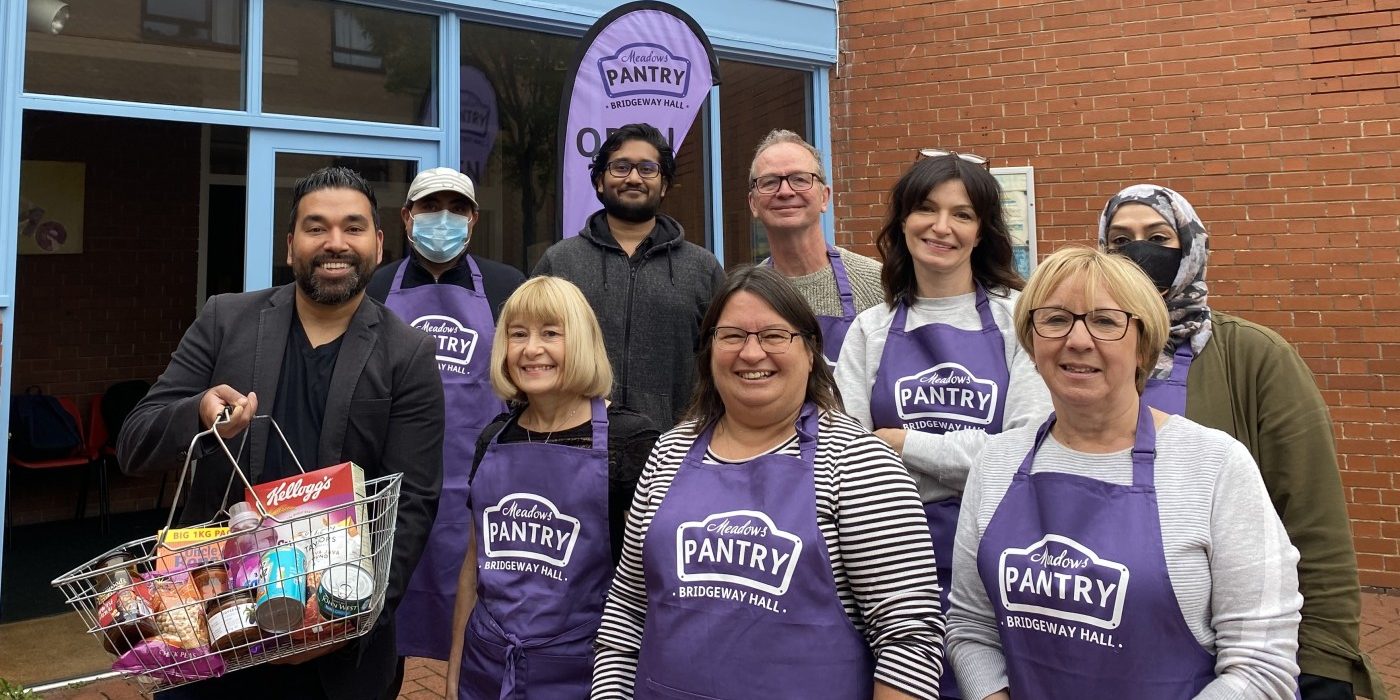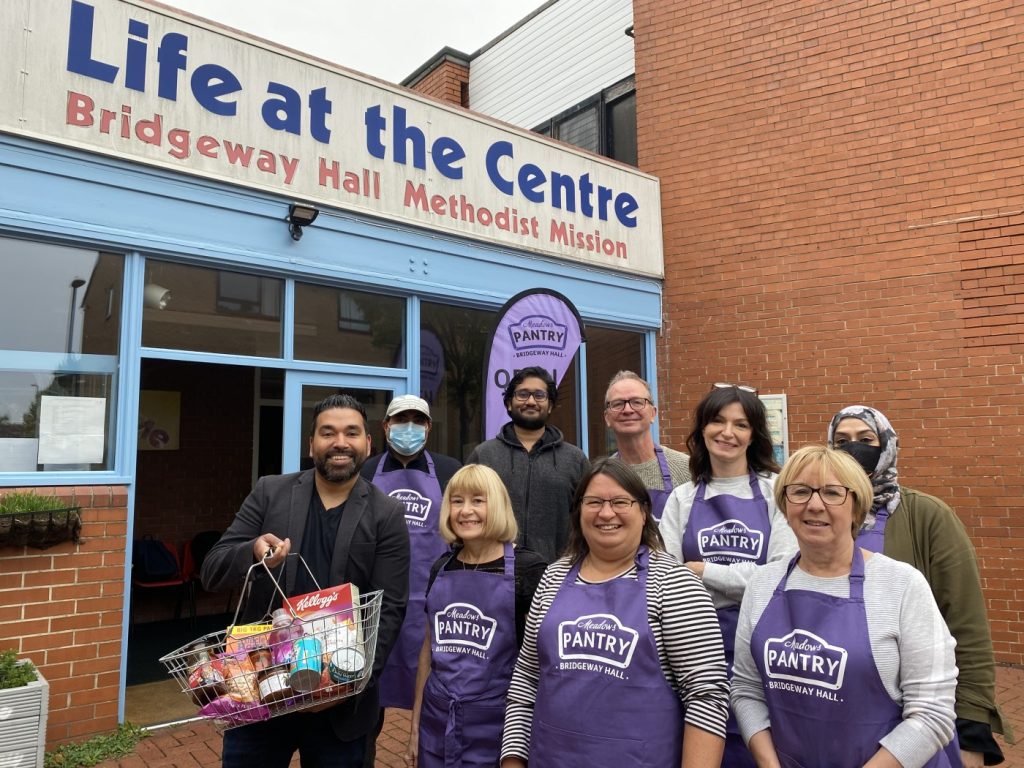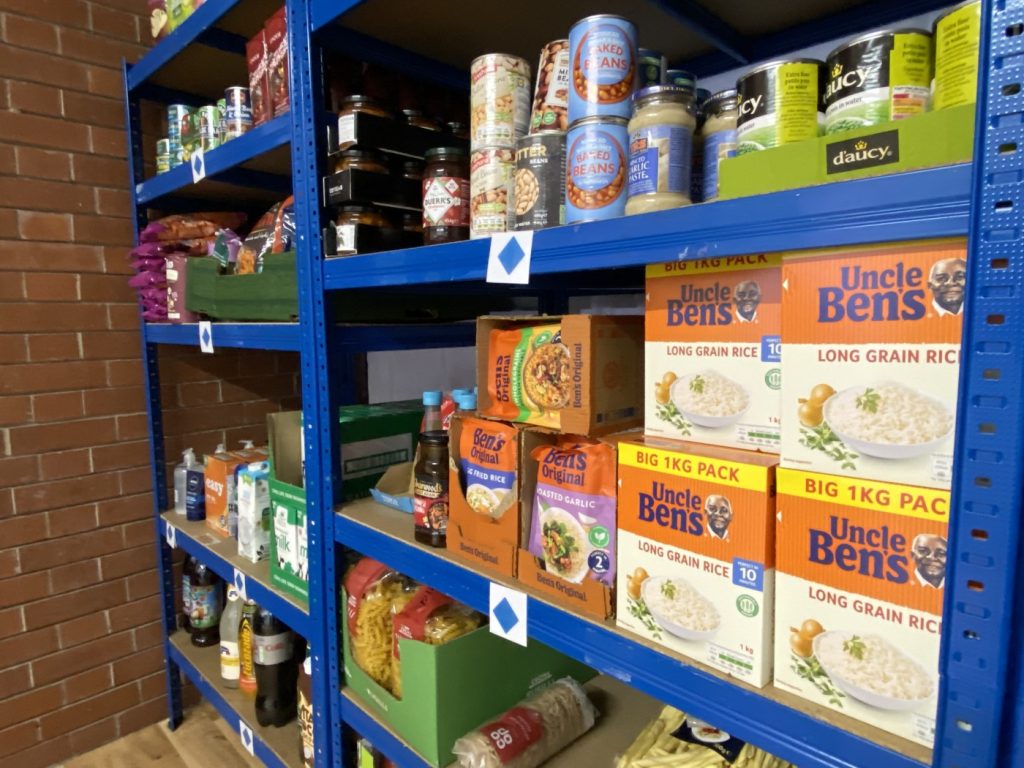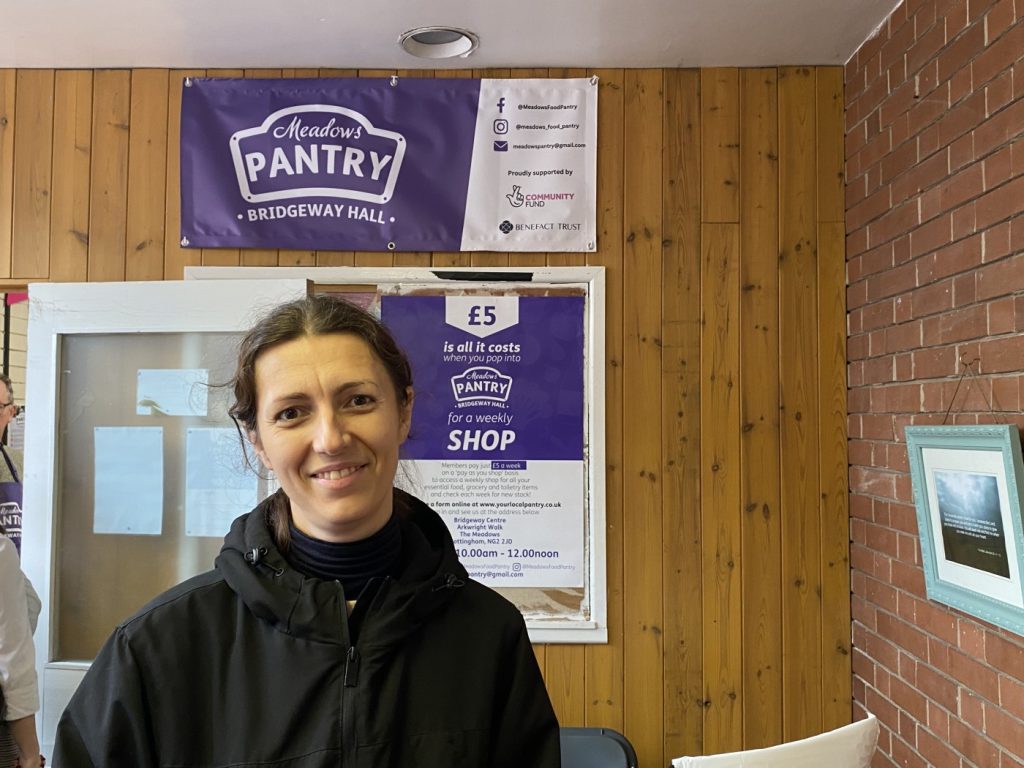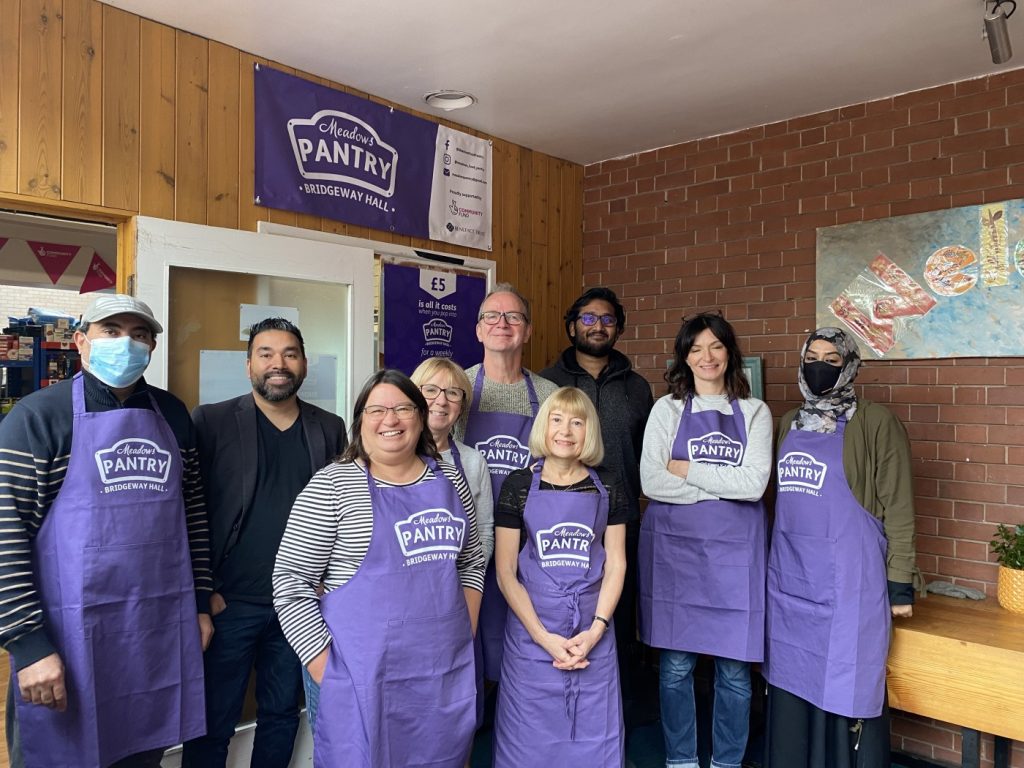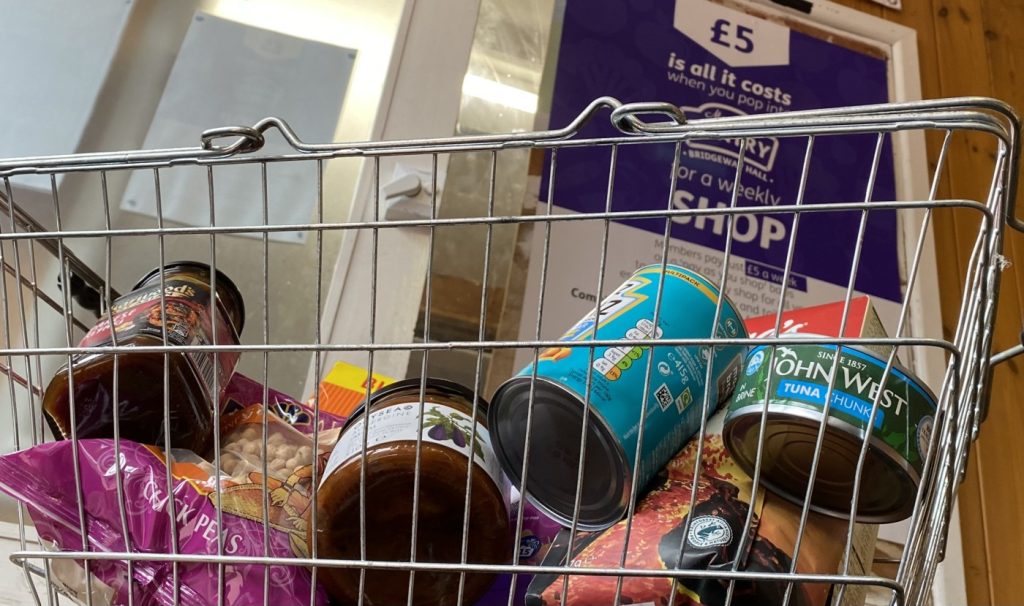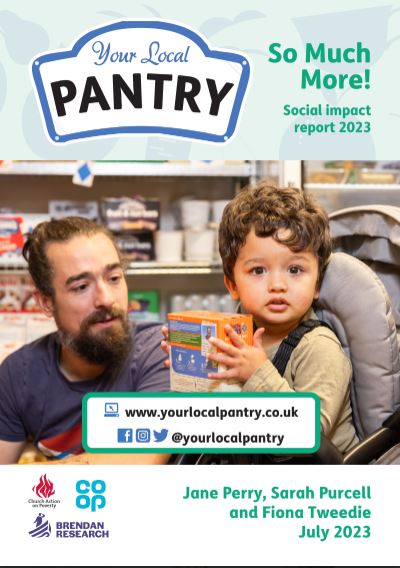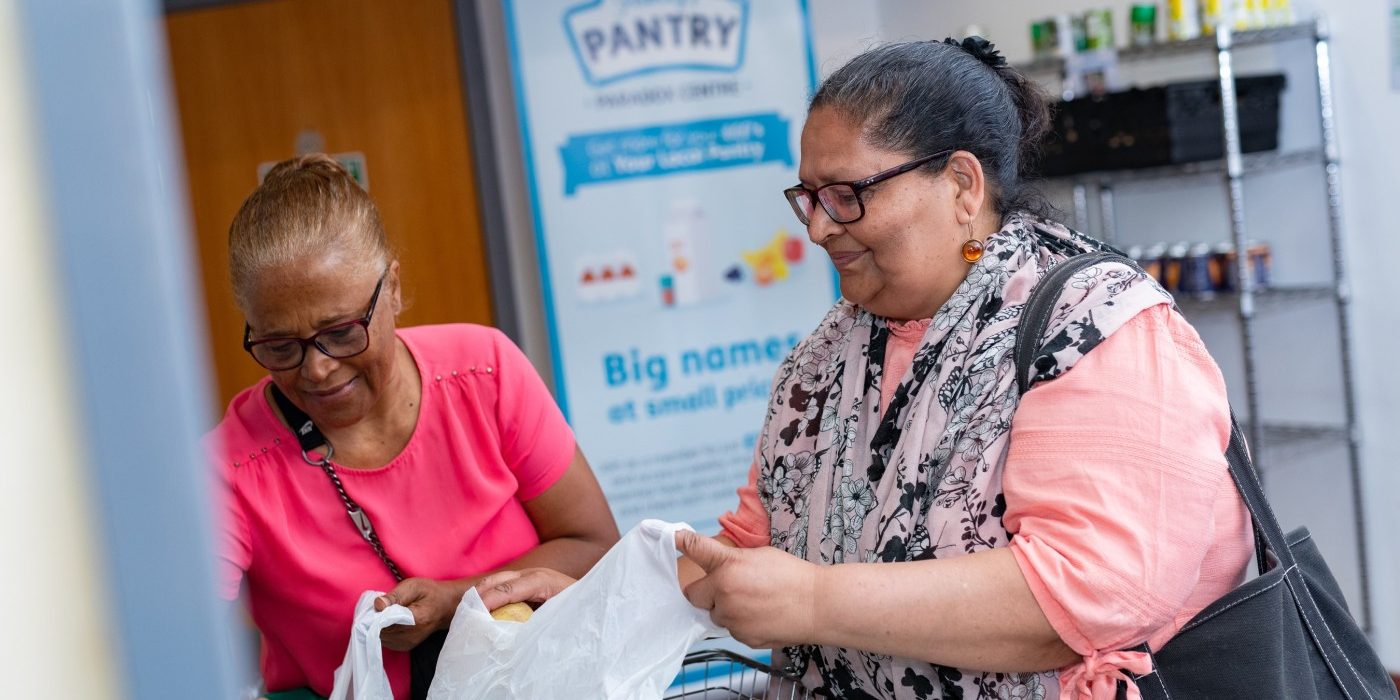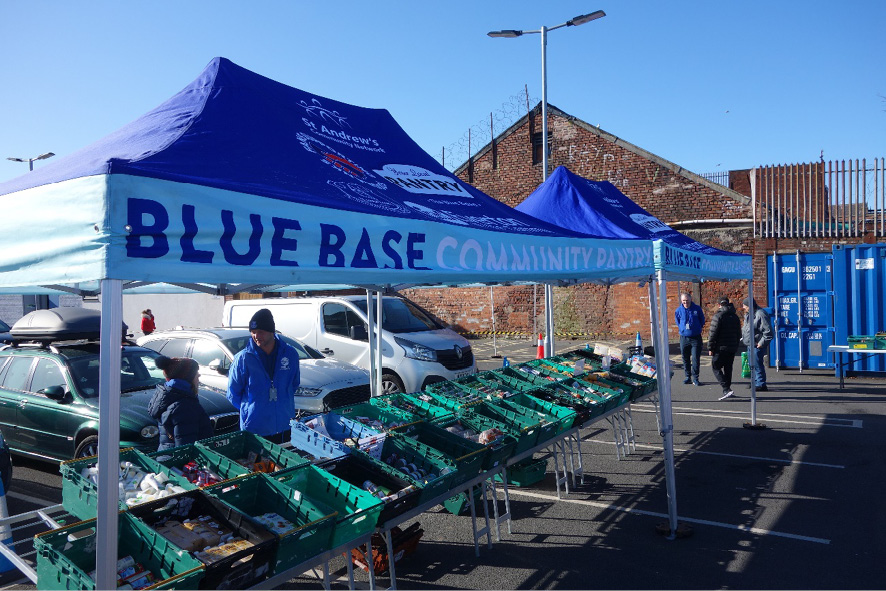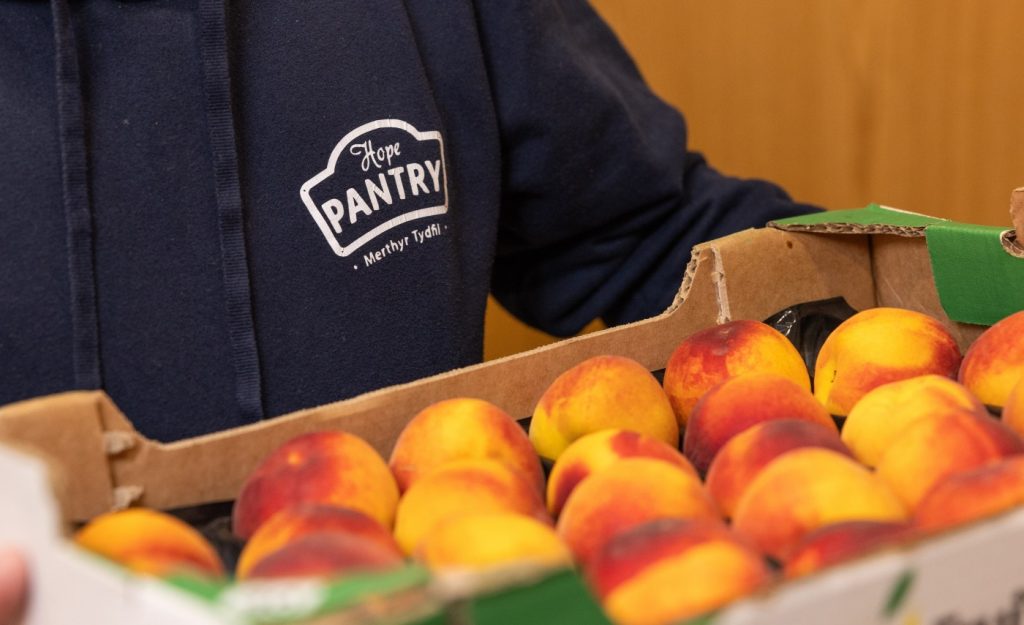Compassionate community campaigner, Penny Walters, has been awarded the British Empire Medal in the New Year Honours list.
The award is in recognition of her tireless and unstinting work in Byker in Newcastle, particularly during the pandemic.
Penny is a caring and inspiring social justice activist, who Church Action on Poverty has been privileged to work alongside in recent years. We’re delighted to congratulate her on the recognition she has received.
Congratulations Penny!
Niall Cooper, chief executive of Church Action on Poverty, said: “Penny’s commitment, tenacity and sincere desire to help improve society with her community is incredible to witness. She has supported so many people in recent years, and courageously spoken up locally and nationally to bring about a more just society. Congratulations Penny!”
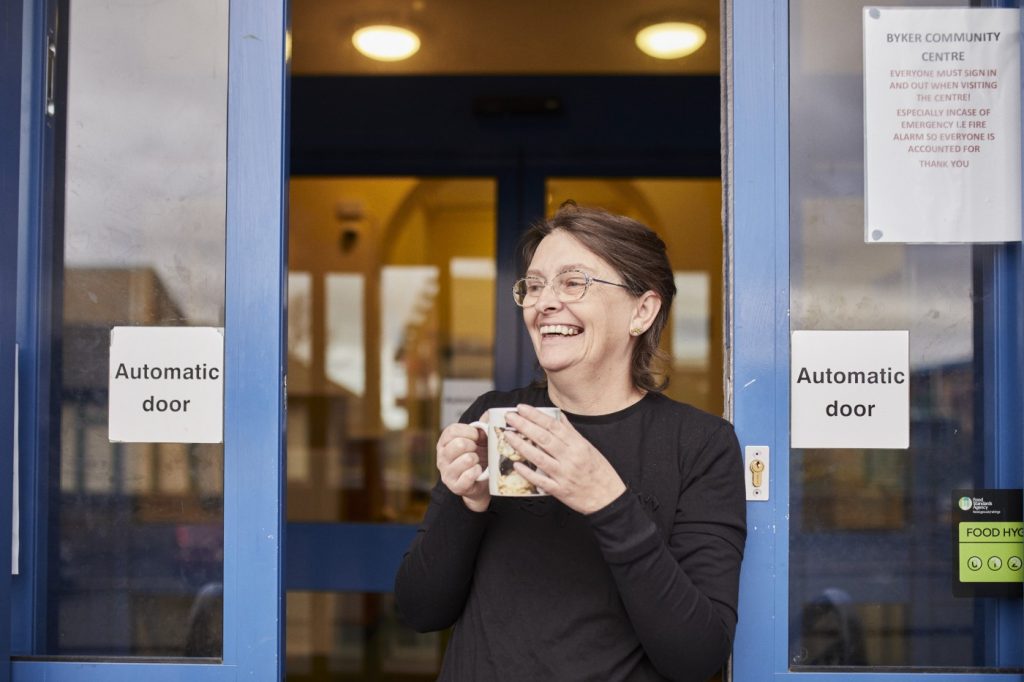
Penny: I've done a lot - and always for Byker
Penny was actively involved in the End Hunger UK campaign, the Food Power project, research into food experiences during the pandemic, and is now a member of the Speaking Truth To Power programme. In recent years, she has spoken in Parliament, on Channel 4 News, and in local and international media.
She says: “All the work I have done has always had Byker in mind. Even when I started doing Food Power and End Hunger UK, it was always with Byker in my mind.
“When this letter came through, I just looked at it and couldn’t believe it.”
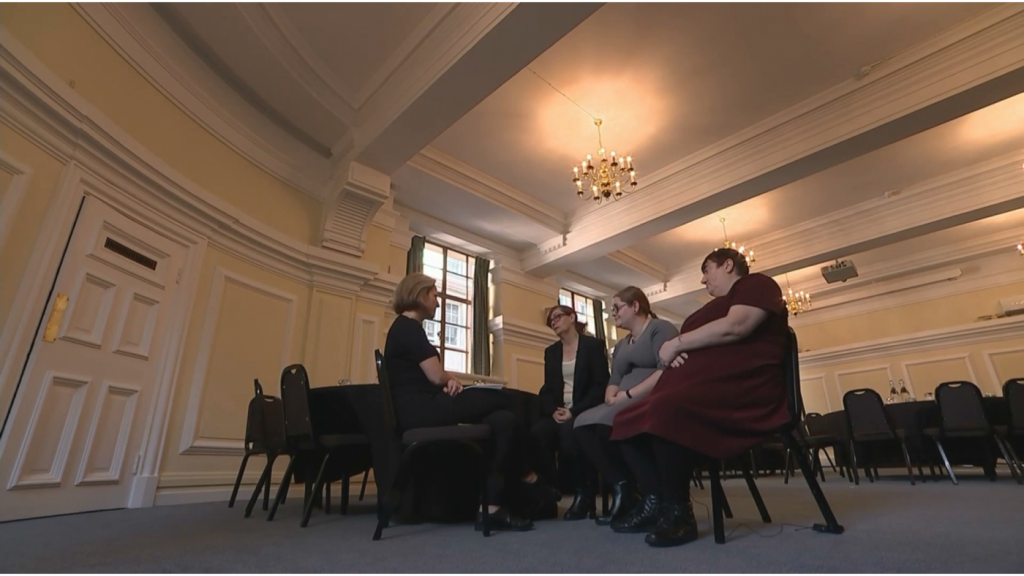
Penny: a community cuppa is better than fancy food
“All of the stuff I have done about food and poverty has always been voluntary. Every time I spoke out, or did a video or anything, it has been voluntary, time given free. People say thank you, of course, but this is really big, the icing on the cake.
“I am from County Durham and moved to Byker in 2017. I had got a job working in Byker in the church café, and then moved into Byker as well to be in the community.
“Feeding and eating with people who have very little is so much better than any fancy restaurant. You find that people are more open with you and more willing to talk to you and to talk about their problems and sort them out.
“We had a couple of real success stories, with people going on to get extra qualifications or overcome problems.
“One guy used to come in for a cup of tea and a natter, and he says it gave him his self worth back. He was able to get off his medication, and went back to doing his hobbies, all just from someone taking a little time to say ‘how are you doing? Have a cup of tea!’.
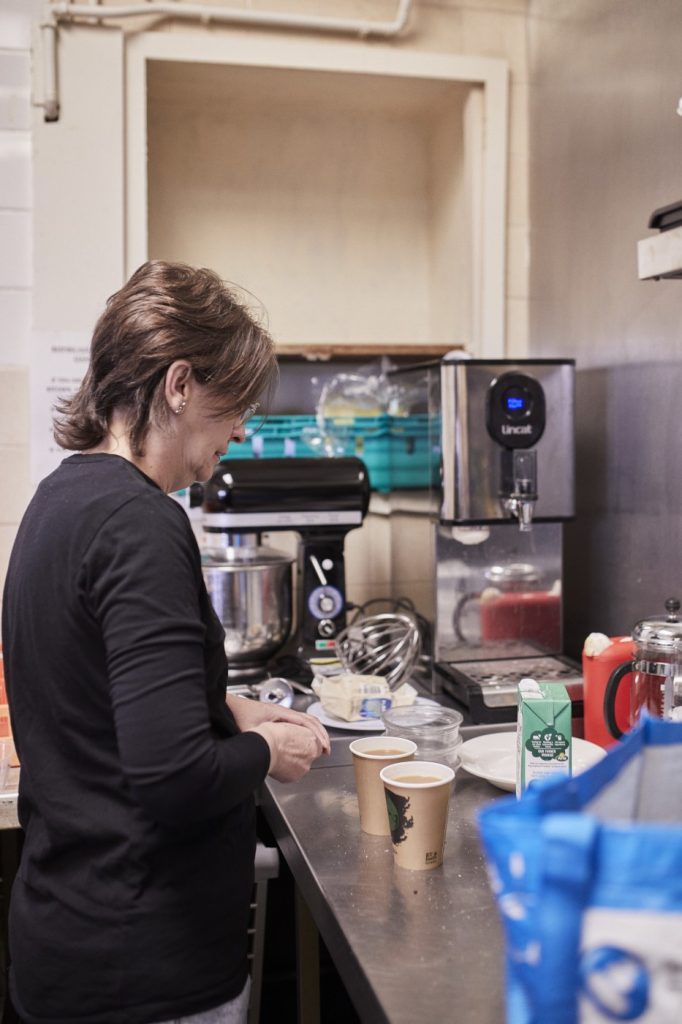
Penny: Byker is a place of friendship and support
“The café had closed before covid, but we used the kitchen there to make meals during the pandemic. I was doing up to 50 meals a time, twice a week, and they’d go out in the mutual aid groups. It was something in the community, for the community.
“When Food Power started, that fitted in really nicely with all the other stuff I was doing in Byker. It showed that when you’re trying to change things, it’s not always a case of hitting your head against a brick wall. You have little steps forward and back as well, and we showed people what is achievable.
“Byker is classed as one of the deprived areas, but it is only really deprived of money. It is not deprived of friendship or people or community. It’s just deprived of money. People talk about Byker without having lived here, so they do not know it.
“Byker is a place of friendship and support that is there if you need it. That is a really big thing – people who can help if you don’t know what to do, or suggest who to talk to.
“It does not matter to me who I work with; I’m working for the good of everybody. I don’t say I’ll only work with these people or those people. I will work with anybody if it is helpful.
“Charities and organisations need to remember to listen more, and remember that it doesn’t work to have tokenistic poor people. Listen and work with us. I’m very pleased to have been supported so well, whoever I have worked with.”
Penny says she hopes the recognition might help her dismantle some of the barriers that exist, and help her find fulfilling work again.
She says: “I would love to travel up and down the country with pans and stoves and go to community centres or schools that have facilities, and work with people to show what you can do with practically nothing. It would be about how to get the best out of food, how to grow things, how to cook, and it would be together with people.”


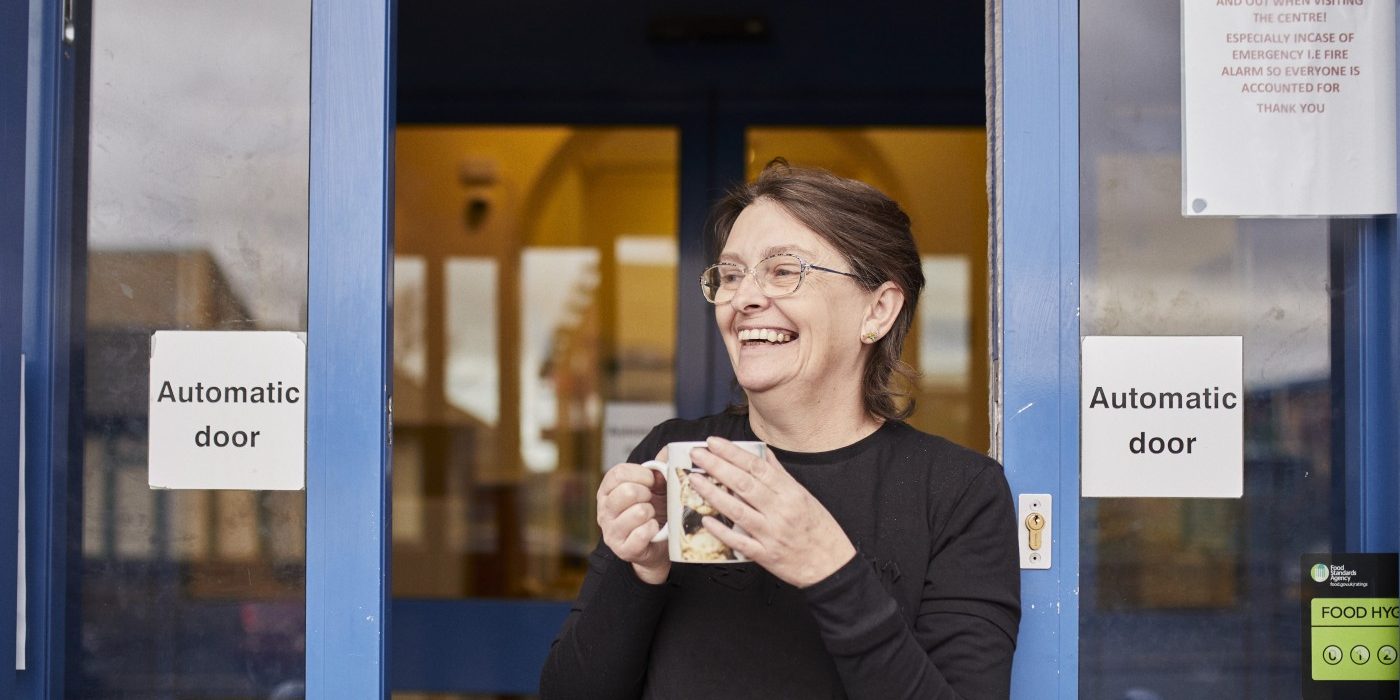


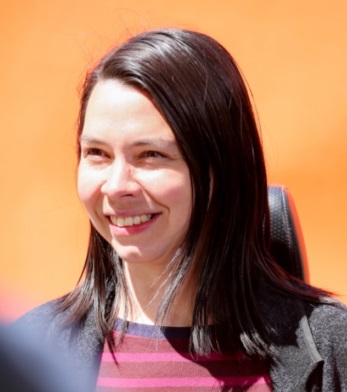 These stories are told by Stef Benstead, a social justice campaigner, Manchester Poverty Truth Commissioner, and an expert on the mistreatment of disabled people.
These stories are told by Stef Benstead, a social justice campaigner, Manchester Poverty Truth Commissioner, and an expert on the mistreatment of disabled people.




